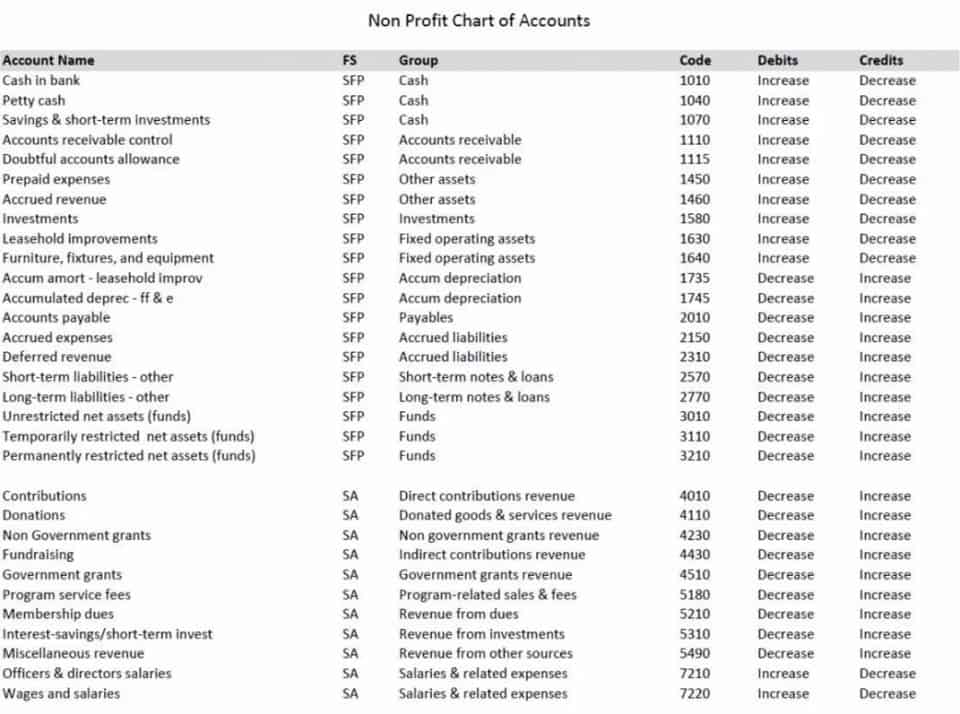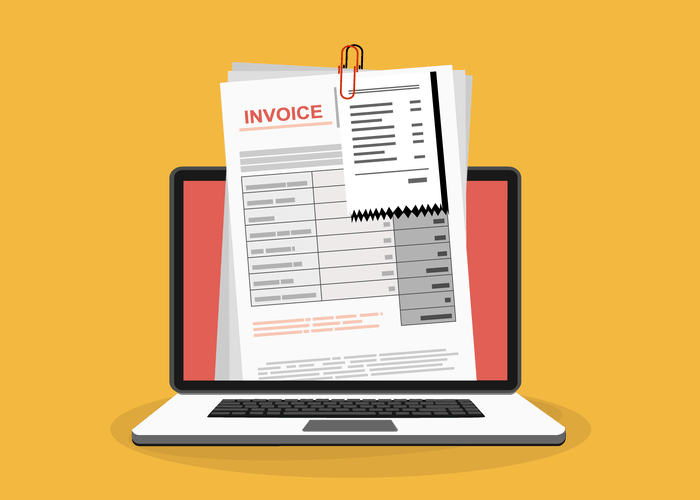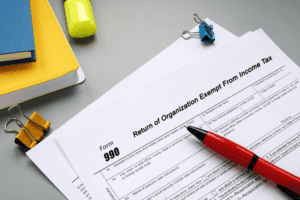
These distinctions make it imperative for real estate professionals to have a solid accounting foundation. The digital age has brought innovative tools to real estate accounting. These tools have made tasks more efficient, accurate, and accessible. They cater specifically to the unique needs of the CARES Act real estate industry, ensuring that businesses have the best tools at their disposal. Real estate accounting is essential to the success and daily operations of real estate agents and firms.

Success

Keeping these funds separate is a best practice in real estate accounting that contributes to the overall financial health and integrity of your business. Seeking expertise ensures that businesses remain compliant and optimize their tax strategies. Advanced software solutions offer features for seeking expert tax advice. Regular reviews ensure that businesses leverage expert advice effectively.
What is Bookkeeping and Why is it Important for Real Estate Professionals?
- Institutional investors, like pension funds or insurance companies, invest heavily in real estate.
- Leveraging technology and continuing education can enhance the quality of financial reporting, allowing for informed decisions that drive success and growth in the real estate industry.
- Training sessions offer insights into automated transaction management.
- Accurate expert collaboration ensures that businesses navigate complex transactions effectively and remain compliant.
- For real estate professionals, software integration is indispensable.
- You can even write down the property and the purpose on the receipt.
This is not only helpful for deducting the right amount at tax time—and proving to the IRS that you are legit—but it will keep you financially organized. Also, be sure to have a primary account for travel, memberships, dues, and initial due diligence costs for investing opportunities. Tracking these expenses properly prevents the IRS from taking money it’s not entitled to. These two systems are two sides of the same coin, working in tandem. Books without the paperwork mean an IRS auditor may never believe your claimed expenses. But if you have paperwork and no records, you’ll never have a clear, easy-to-understand summary of the financial happenings of your business.
- However, certain pitfalls can compromise the integrity of financial records.
- Take advantage of the information offered here and put your small business on the pathway to success.
- Regularly review your cash flow statements to understand the inflow and outflow of money.
- By having the chance to review the transactions before posting manually, you give yourself a trial period where we you ensure the other rules are working as intended.
- Training sessions offer insights into data-driven decision-making techniques.
Prepare early for tax season.
Good real estate accounting provides the data and insights needed for strategic planning. Utilizing financial forecasts, analyzing profitability ratios, and evaluating market trends are essential for making informed decisions. Steady cash flow is vital for the financial stability of a real estate business. Good bookkeeping for realtors real estate accounting helps in predicting revenue streams and managing operational expenses efficiently. It plays a crucial role in optimizing investment returns and maintaining liquidity. Transparency in real estate transactions builds trust among stakeholders.
ACA Compliance
Real estate accounting is an invaluable tool for anyone involved in the real estate industry. Its ability to provide a clear financial picture facilitates strategic planning, regulatory compliance, and ultimately, business growth. Ignoring its importance can lead to disorganization, legal issues, and missed opportunities for profit maximization. Understanding the importance of real estate accounting is crucial if you want to maintain financial health and propel your business https://www.bookstime.com/ forward. It not only helps track performance, but also aids in strategic planning and decision-making.

Rental property accounting basics: Record-keeping

Implementing regular audit checks, streamlining expense tracking, and setting clear financial protocols are essential. These practices ensure that financial records are accurate and transparent. Modern accounting tools offer features that streamline real estate accounting. This involves implementing real-time data syncing, using advanced reporting features, and integrating with property management software. Return on Investment (ROI), on the other hand, reflects the returns on property investments. Advanced analytics provide insights into profitability drivers and ROI determinants.
